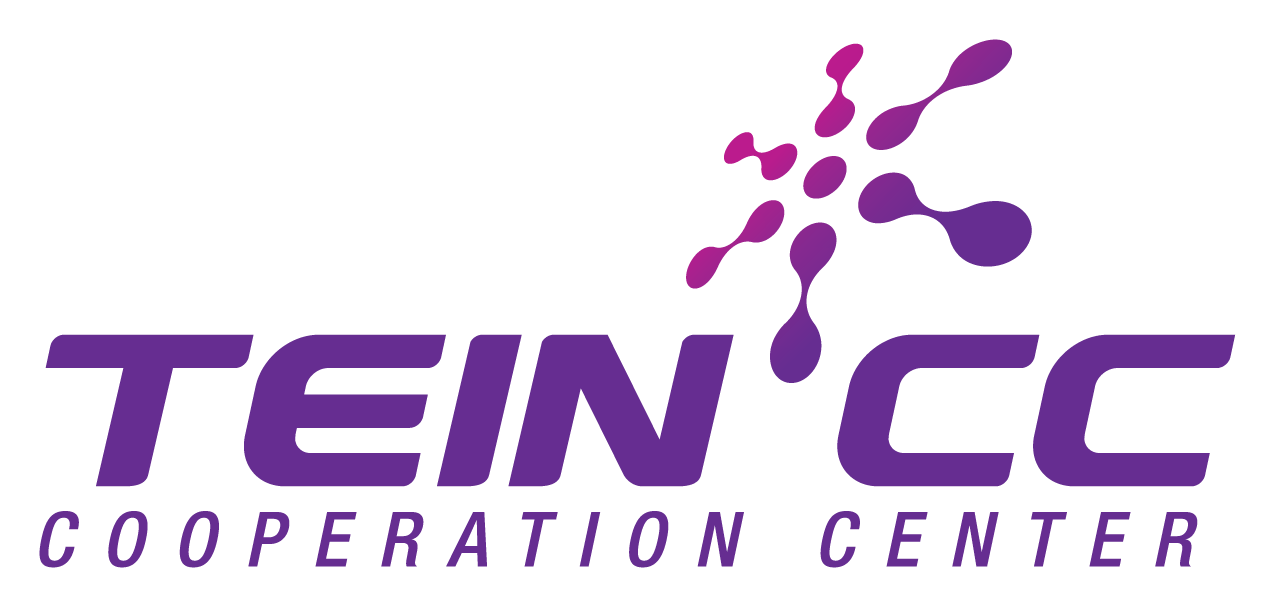The Campus Network Design & Security (CDNS) Workshop was a comprehensive 5-day training program conducted in Islamabad, Pakistan, under the auspices of the Higher Education Commission (HEC) and organized by the Pakistan Education and Research Network (PERN). This intensive workshop brought together 26 skilled engineers from Pakistan and TEIN partner countries including Afghanistan, Bangladesh, Bhutan, Cambodia, and Sri Lanka. The program focused on enhancing campus network design and security practices across developing Asian countries, combining theoretical knowledge with hands-on practical experience in network operations, security protocols, and collaborative development of standard operating procedures for campus networks.
Project Objectives
Technical Excellence
- Enhance understanding of stable and secure campus networks
- Equip engineers with advanced knowledge in routing and switching
- Master VLANs and NOC operations
- Implement IPv4/IPv6 addressing strategies
Regional Collaboration
- Foster collaboration across NRENs for future R&E initiatives
- Develop standardized SOPs for campus-level network security
- Create sustainable peer-to-peer support networks
- Enable cross-border knowledge sharing
Activities Conducted
Technical Training Sessions
- Layer 2/3 networking fundamentals
- Advanced IPv4/IPv6 addressing
- VLAN configuration and management
- EIGRP and OSPF routing protocols
- Inter-VLAN routing techniques
- NAT and ACL implementation
Practical & Cultural Activities
- Hands-on labs with real network equipment
- Network monitoring tools (Cacti, LibreNMS, Netflow)
- Campus security policy planning workshops
- PERN NOC facility visits
- Smart University Safe Campus (SUSC) tours
- Cultural engagements and networking dinners
Key Outcomes
Enhanced Campus Network Skills
Participants gained comprehensive expertise in routing, switching, and network security, including advanced configuration of VLANs, EIGRP, OSPF, and network policy design for active campus network equipment.
SOP Implementation
Universities across participating countries began adopting standardized operating procedures for secure and efficient network management based on best practices learned during the workshop.
Regional Collaboration Network
Participants from TEIN countries established ongoing dialogue channels for joint proposals and cross-border collaboration, creating a sustainable regional network community.
Institutional Documentation
Engineers developed skills to prepare comprehensive technical justifications for campus network upgrades to be submitted to their respective national authorities and funding bodies.
Challenges and Gaps
Limited Time for Deep-Dive Security Training
Participants noted a need for more dedicated sessions on security practices and deeper engagement with practical cybersecurity configurations to address evolving threats.
Visa and Travel Delays
Some international participants experienced delays due to inefficient visa processing, limiting full participation from all intended countries and affecting the workshop's regional representation goals.
Gender Representation Gap
Only 4 women (3 foreign, 1 local) attended the workshop, highlighting a significant gender gap in technical capacity-building participation that needs to be addressed in future programs.
Future Directions
Sustained Support
- Ongoing technical advisories from PERN
- Continuous engagement with universities
- Regular campus network improvement assessments
- Post-project support and consultation
Scaling and Enhancement
- Joint proposals with other NRENs (Bhutan, Sri Lanka)
- Extended collaboration beyond workshop scope
- Dedicated train-the-trainer modules
- Scalable teaching capacity at university levels
Relevant Sustainable Development Goals
Quality Education
Enhancing educational infrastructure through improved campus network design and security
Industry, Innovation, Infrastructure
Building resilient infrastructure and fostering innovation in network technologies
Partnerships for the Goals
Strengthening regional partnerships for sustainable development through collaboration


